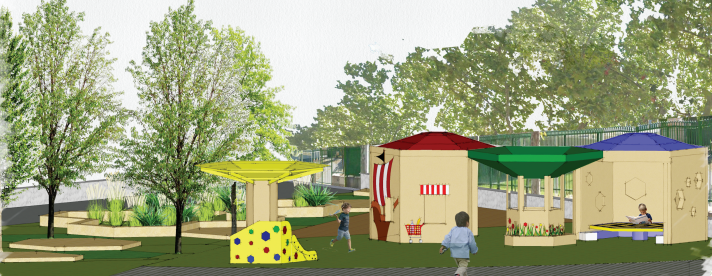
Impluvium 2.0
Sistema de recogida de aguas en la Escuela de Educación Infantil (EEI) El Principito para su posterior reutilización y ayudar a mitigar los riesgos de
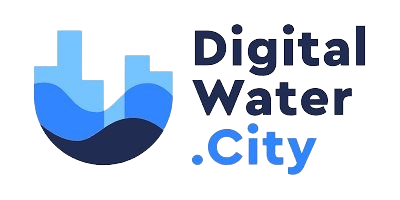
Proyecto Horizon2020
Infraestructuras de agua
Saneamiento y tratamiento de aguas
Nuevas tecnologías
KWB, Arctik, Biofos, BWB, CAP, DHI, Ecologic, Fluidion, ICRA, Iotsens, IPEK, INRAE, ISS, Kando, P4UW, SIAAP, Sintef, Strane, SU, SV, UNIMI, UNIVPM, Vragments.
Terminó en noviembre 2022
La Unión Europea invierte cada año 45.000.000€ en saneamiento y tratamiento de agua y alcantarillado, con el objetivo de mejorar la protección de la salud, el desempeño y la participación pública.
Para modernizar la infraestructura general y hacer frente al cambio climático esta cifra debe duplicarse durante la próxima década. Y las tecnologías digitales en especial, son las facilitadores clave para lograr esta modernización.
Desarrollar soluciones digitales avanzadas e innovadoras, a través de un enfoque participativo El proyecto Digital Water City (DWC).
Facilitación de las comunidades de práctica de DWC: locales (en toda la ciudad) / “Intra-Project» / «Trans-Project”.
Coordinación de la red para apoyar el compromiso de investigadores y no investigadores y el co-desarrollo de soluciones digitales que ayuden a superar la barrera entre la innovación y la práctica, teniendo en cuenta los requisitos y necesidades de los usuarios.
Establecimiento de diálogos «peer-to-peer» entre los administradores del agua, los innovadores y otros actores de la cadena de innovación, apoyando la prueba y/o demostración de soluciones digitales en contextos prácticos.
La Unión Europea invierte cada año 45.000.000€ en saneamiento y tratamiento de agua y alcantarillado, con el objetivo de mejorar la protección de la salud, el desempeño y la participación pública.
Para modernizar la infraestructura general y hacer frente al cambio climático esta cifra debe duplicarse durante la próxima década. Y las tecnologías digitales en especial, son las facilitadores clave para lograr esta modernización.
Desarrollar soluciones digitales avanzadas e innovadoras, a través de un enfoque participativo El proyecto Digital Water City (DWC).
Facilitación de las comunidades de práctica de DWC: locales (en toda la ciudad) / “Intra-Project» / «Trans-Project”.
Coordinación de la red para apoyar el compromiso de investigadores y no investigadores y el co-desarrollo de soluciones digitales que ayuden a superar la barrera entre la innovación y la práctica, teniendo en cuenta los requisitos y necesidades de los usuarios.
Establecimiento de diálogos «peer-to-peer» entre los administradores del agua, los innovadores y otros actores de la cadena de innovación, apoyando la prueba y/o demostración de soluciones digitales en contextos prácticos.

Proyecto Horizon2020
Infraestructuras de agua
Saneamiento y tratamiento de aguas
Nuevas tecnologías
KWB, Arctik, Biofos, BWB, CAP, DHI, Ecologic, Fluidion, ICRA, Iotsens, IPEK, INRAE, ISS, Kando, P4UW, SIAAP, Sintef, Strane, SU, SV, UNIMI, UNIVPM, Vragments.
Terminó en noviembre 2022
Digital-water.city (DWC) desarrolla y demuestra 15 soluciones digitales avanzadas.
Estas soluciones cubren toda la gama de tecnologías digitales innovadoras, como realidad aumentada, tecnología móvil, computación en la nube, sensores, monitoreo en tiempo real, inteligencia artificial, análisis predictivo, modelado y software de código abierto.
El proyecto se desarrolló en cinco ciudades: París, Milán, Copenhague, Sofía y Berlín.
Para llevar a cabo el proyecto y reunir a los diferentes actores públicos, privados y académicos, se han constituido Comunidades de Práctica, compuestas por diferentes agentes y tomadores de decisiones, facilitadas por ICATALIST.
El esquema CoP dentro de DWC tiene 3 niveles: i) nivel local (escala ciudad); ii) nivel intra-proyecto (aprendizaje mutuo e intercambio de conocimientos entre actores de la ciudad) y iii) (3) nivel trans-proyecto.
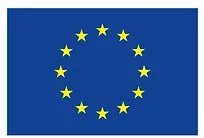

Sistema de recogida de aguas en la Escuela de Educación Infantil (EEI) El Principito para su posterior reutilización y ayudar a mitigar los riesgos de
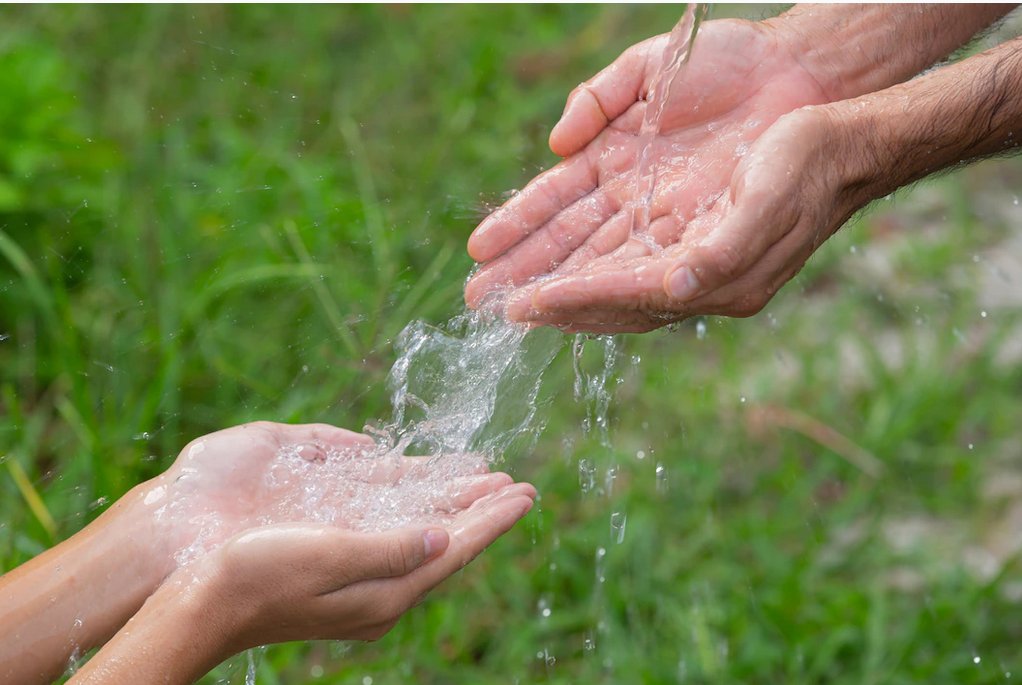
Gestión de la reutilización de aguas residuales industriales depuradas como medidas de mitigación de la escasez de agua en el contexto del cambio climático en
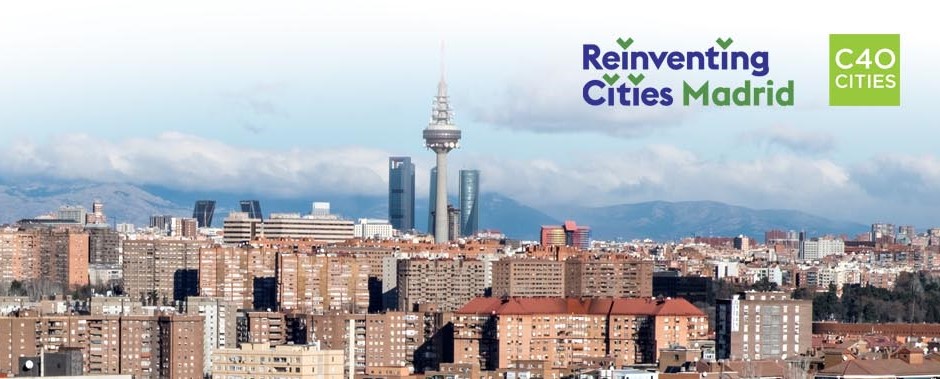
Concurso mundial para impulsar la regeneración urbana resiliente y sin emisiones de carbono, creado por el Grupo de Liderazgo Climático C40.